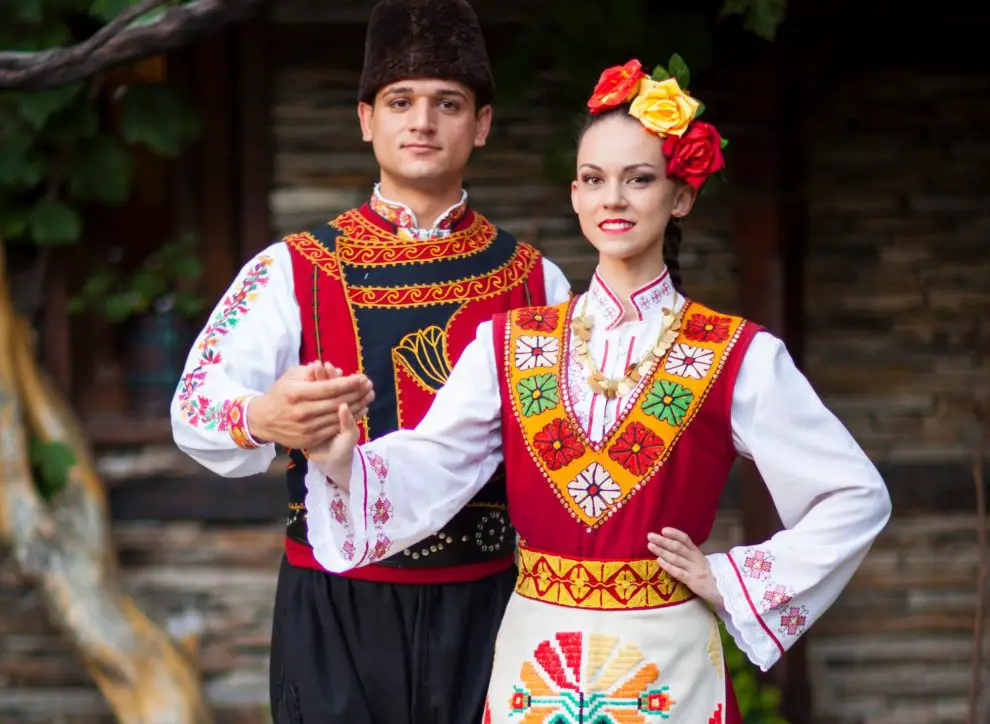Are Bulgarians White?

Introduction
The question "Are Bulgarians white?" delves into the complex interplay of ethnicity, history, and identity in Bulgaria. With its rich cultural tapestry woven through centuries of migration and conquest, Bulgaria's population reflects a diverse heritage. As globalization progresses, many people are curious about how ethnoracial categorizations apply to modern societies. In this article, we will explore the ethnic composition of Bulgaria, the historical context that shapes its identity, and how these factors contribute to contemporary discussions about race and ethnicity.
Ethnic Composition of Bulgaria
Overview of Ethnic Groups
Bulgaria is predominantly inhabited by ethnic Bulgarians, who make up approximately 85% of the population. The country's ethnic diversity includes several minority groups, such as:
- Turks: Representing around 8% of the population, the Turkish community is one of the largest minorities in Bulgaria, primarily residing in the southeastern regions.
- Roma: The Roma community constitutes about 4%, with many living in urban areas. Their culture and traditions add to Bulgaria's rich ethnic mosaic.
- Others: Smaller groups include Armenians, Greeks, and Jews, each contributing unique cultural influences.
Historical Context
To understand the question of whether Bulgarians are white, it is essential to consider the historical influences that shaped the nation. Bulgaria has a long history of interactions with various cultures, including:
- The Thracians: The ancient Thracians are considered one of the earliest inhabitants of the region, and their legacy is evident in Bulgaria's folklore and traditions.
- The Byzantine Empire: During its peak, this empire significantly influenced Bulgarian culture, religion, and language.
- Ottoman Rule: For nearly five centuries, Bulgaria was part of the Ottoman Empire, leading to a blending of cultures and ethnicities.
These historical interactions have contributed to the country's complex identity, blurring the lines of ethnic categorization.
Race and Ethnicity in Bulgaria
Defining "White"
The term "white" can vary significantly depending on cultural and geographical contexts. In the United States, "white" typically refers to individuals of European descent, but this definition may not apply universally. In Europe, racial classifications are often less rigid, with ethnicity playing a more significant role in identity.
Bulgarian Identity
Bulgarians primarily identify as Slavic, with a distinct cultural and linguistic heritage. This identification may align them with what is commonly perceived as "white" in a Western context. However, it is essential to recognize that ethnicity in Bulgaria encompasses a range of cultural identities beyond mere racial categorizations.
Modern Perspectives on Ethnicity
Globalization and Identity
As globalization continues to reshape societies worldwide, discussions about race and ethnicity have become more nuanced. In Bulgaria, younger generations are increasingly exposed to diverse cultures, leading to evolving perspectives on identity. Many Bulgarians now embrace a more inclusive understanding of ethnicity that transcends traditional categorizations.
Social Issues and Discrimination
Despite Bulgaria's rich cultural diversity, ethnic minorities, particularly the Roma and Turks, often face social challenges and discrimination. This reality highlights the importance of recognizing and respecting the multifaceted nature of identity in contemporary society.
Conclusion
In conclusion, the question "Are Bulgarians white?" invites a deeper exploration of ethnicity, identity, and culture in Bulgaria. While the majority of Bulgarians may align with what is traditionally classified as "white," it is crucial to acknowledge the country's diverse ethnic landscape and the historical context that shapes its identity. As Bulgaria continues to navigate the complexities of modern society, fostering an inclusive understanding of ethnicity will be vital for promoting harmony and respect among its varied populations. Ultimately, the answer lies not in rigid categories but in the rich tapestry of cultural influences that define what it means to be Bulgarian today.



Comments ()